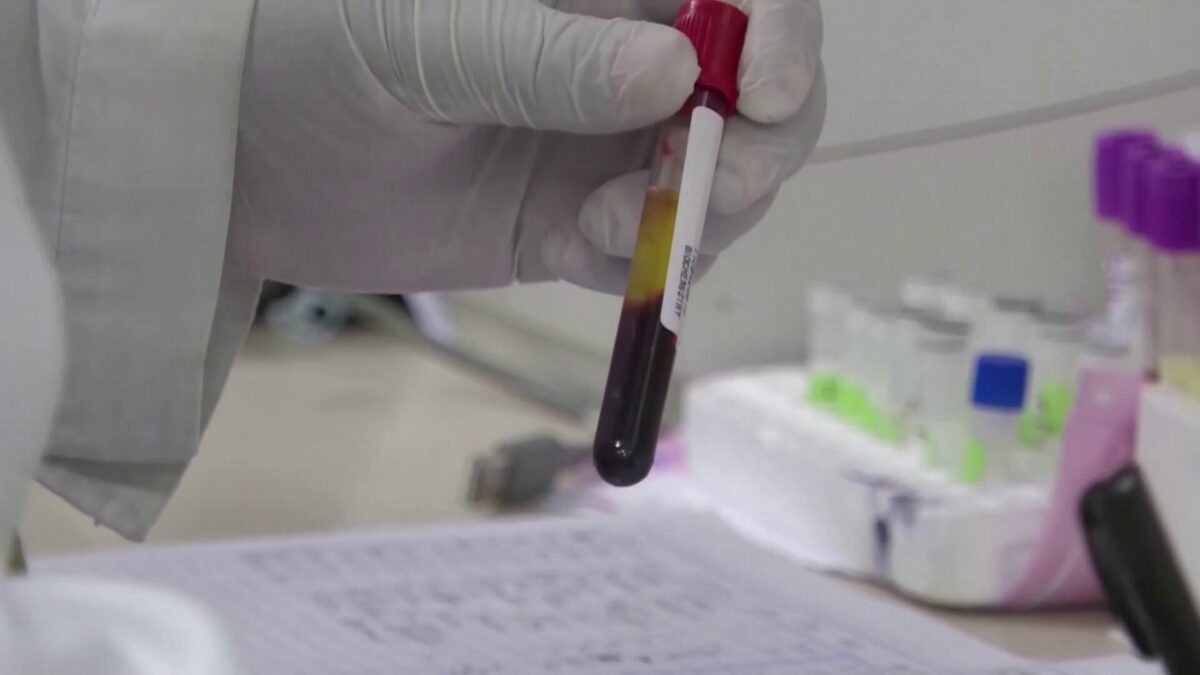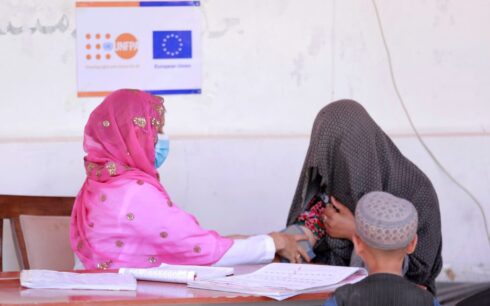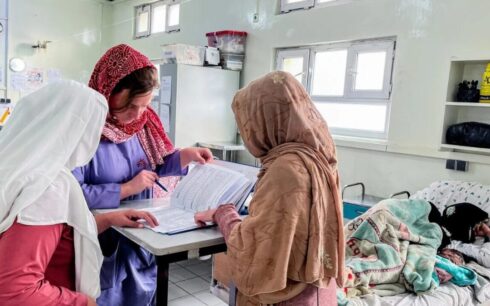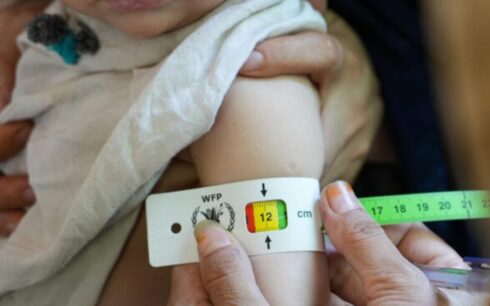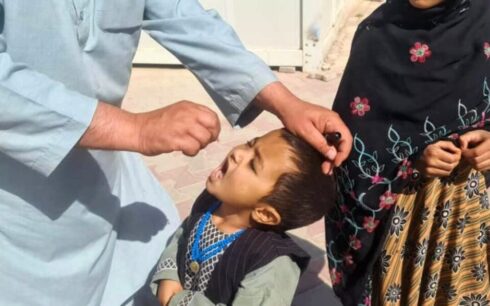UNITED NATIONS — One in four people living with HIV worldwide do not have access to life-saving treatment, the United Nations said on Sunday, marking World AIDS Day.
The Joint United Nations Programme on HIV/AIDS (UNAIDS) called on the global community to redouble efforts to end AIDS as a public health threat by 2030. The agency emphasized the importance of protecting the rights of those living with the disease and combating stigma and discrimination.
“With progress in societies, the world can end AIDS as a public health threat by 2030,” UNAIDS stated on its website. The agency highlighted the direct link between advancements in human rights and significant progress in combating HIV.
Reaching the marginalized
Ending AIDS, the report noted, requires ensuring access to treatment for everyone living with or affected by HIV, particularly marginalized and stigmatized communities. “Acceptance, respect, and care” are essential to achieving this goal, UNAIDS said.
The agency underscored the need for greater inclusivity in healthcare and support systems, urging governments and organizations to prioritize individuals who are often overlooked in public health initiatives.
A global call to action
World AIDS Day, observed annually on December 1 since 1988, serves as a reminder of the ongoing fight against HIV/AIDS. The day aims to raise awareness, increase funding, and promote education to eliminate stigma surrounding the disease.
Each year, a theme is chosen to focus global attention on the progress made and the challenges ahead. This year’s message underscores that while significant strides have been made, the fight against HIV/AIDS is far from over.
The U.N.’s call to action comes as global health organizations continue to grapple with disparities in access to treatment, particularly in low-income regions. Advocacy groups stress that achieving the 2030 goal requires sustained financial and political commitment to ensure no one is left behind in the fight against HIV/AIDS.

